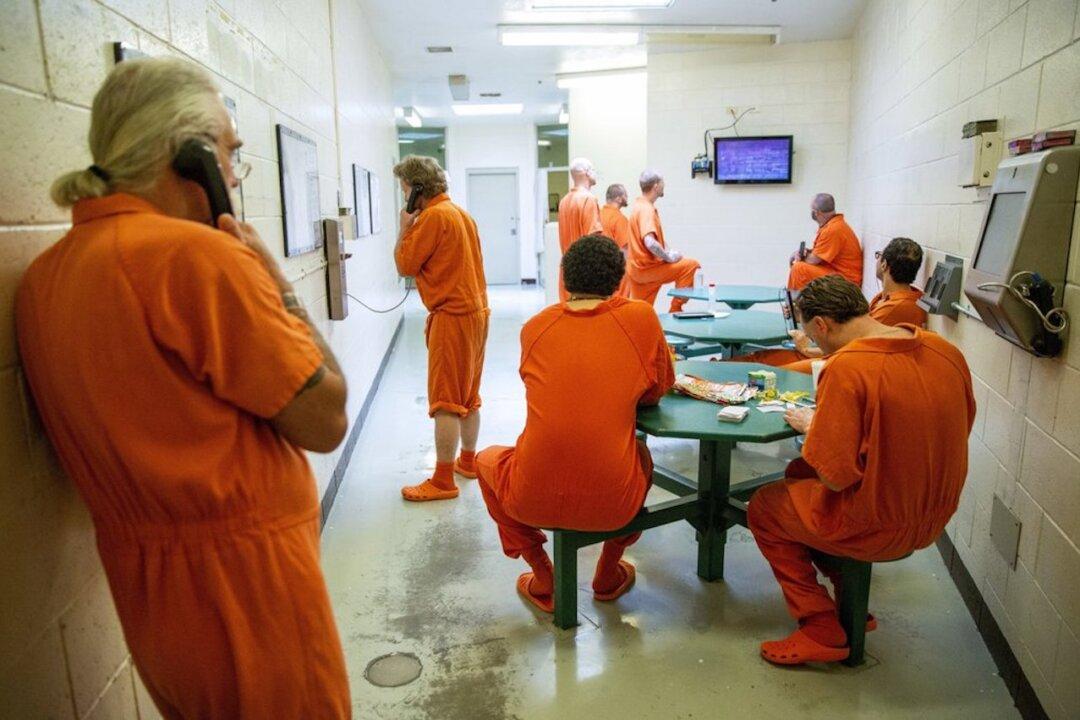A number of prisons across the United States are considering releasing inmates in an effort to curb the spread of the CCP virus, commonly referred to as coronavirus, as it continues to create a global pandemic.
The Epoch Times refers to the novel coronavirus, which causes the disease COVID-19, as the CCP virus because the Chinese Communist Party’s coverup and mismanagement allowed the virus to spread throughout China and create a global pandemic.




